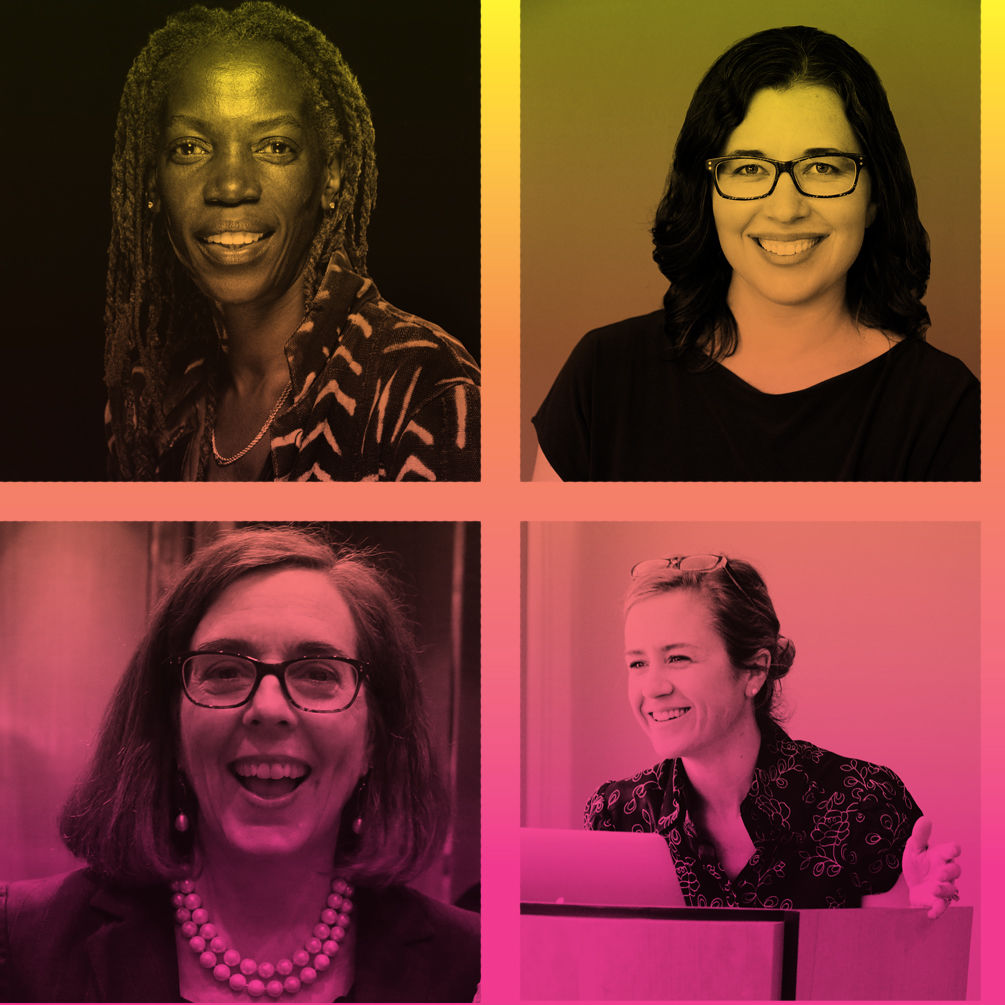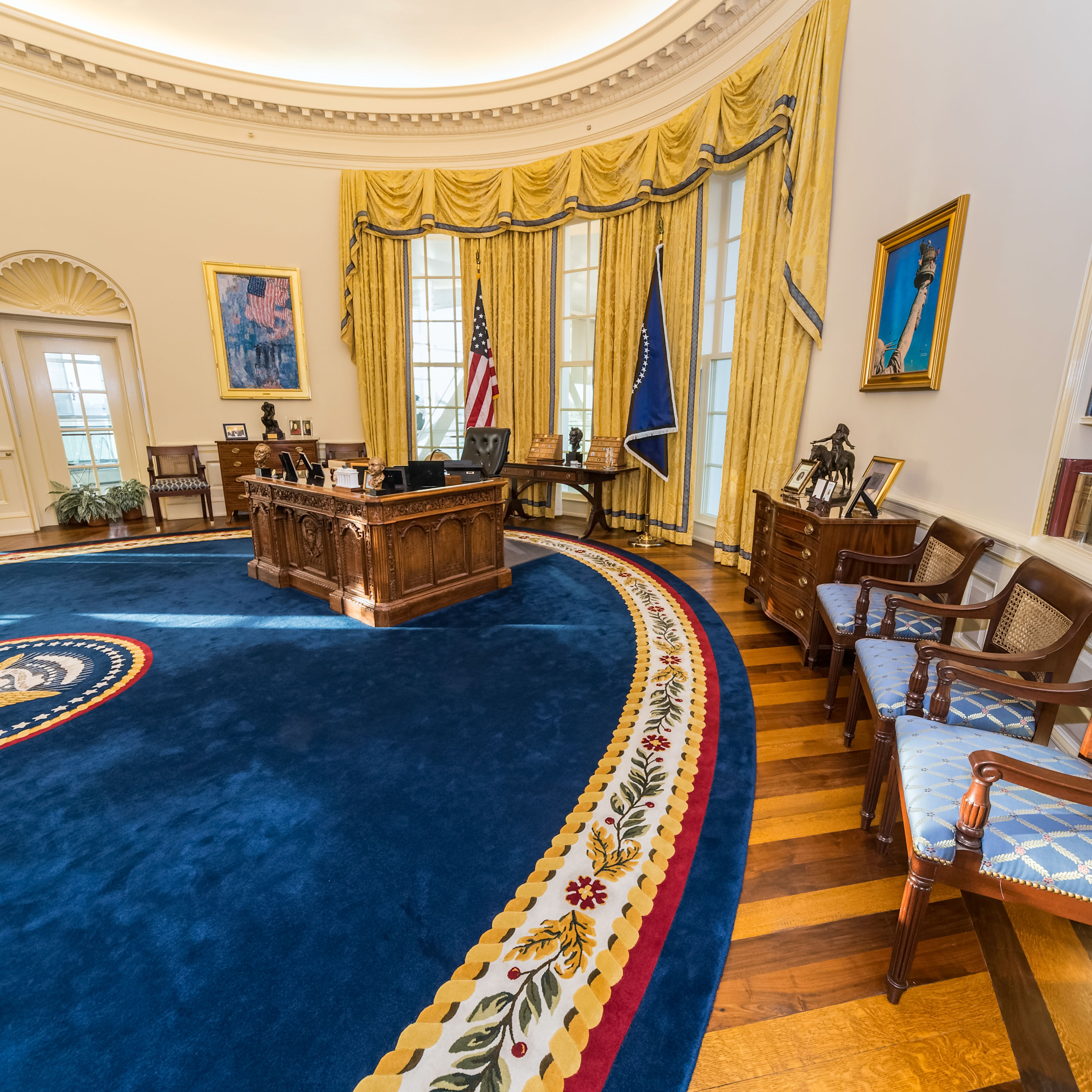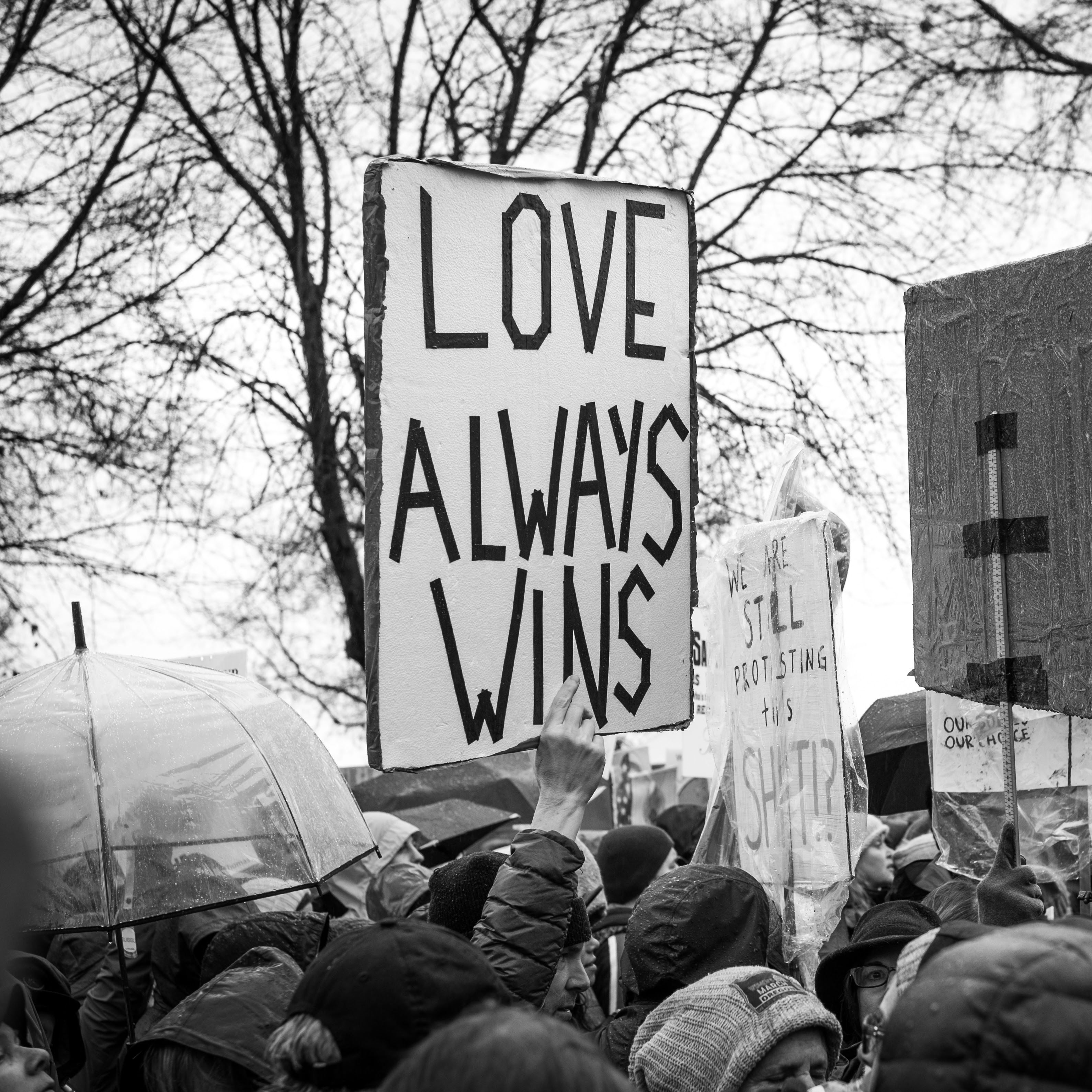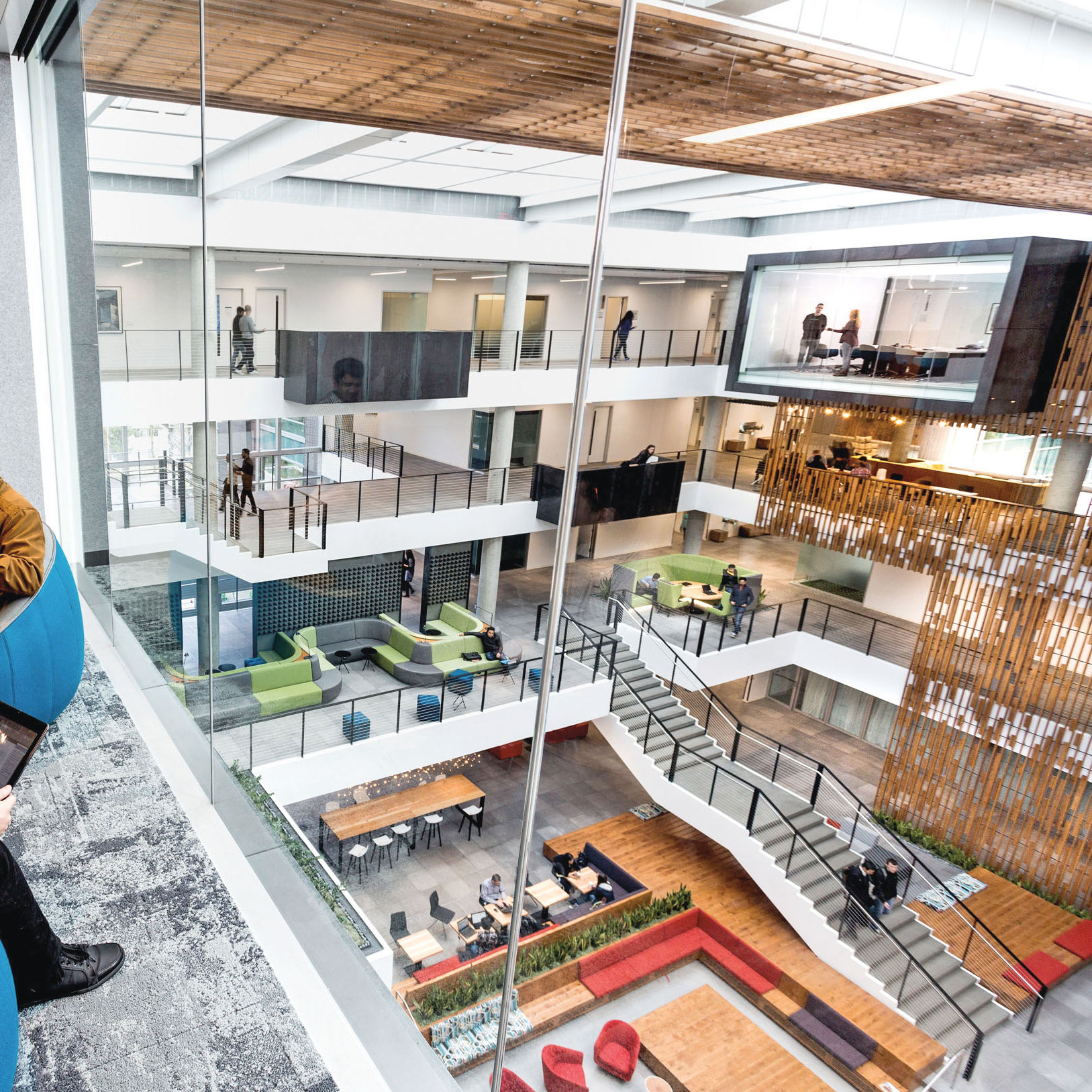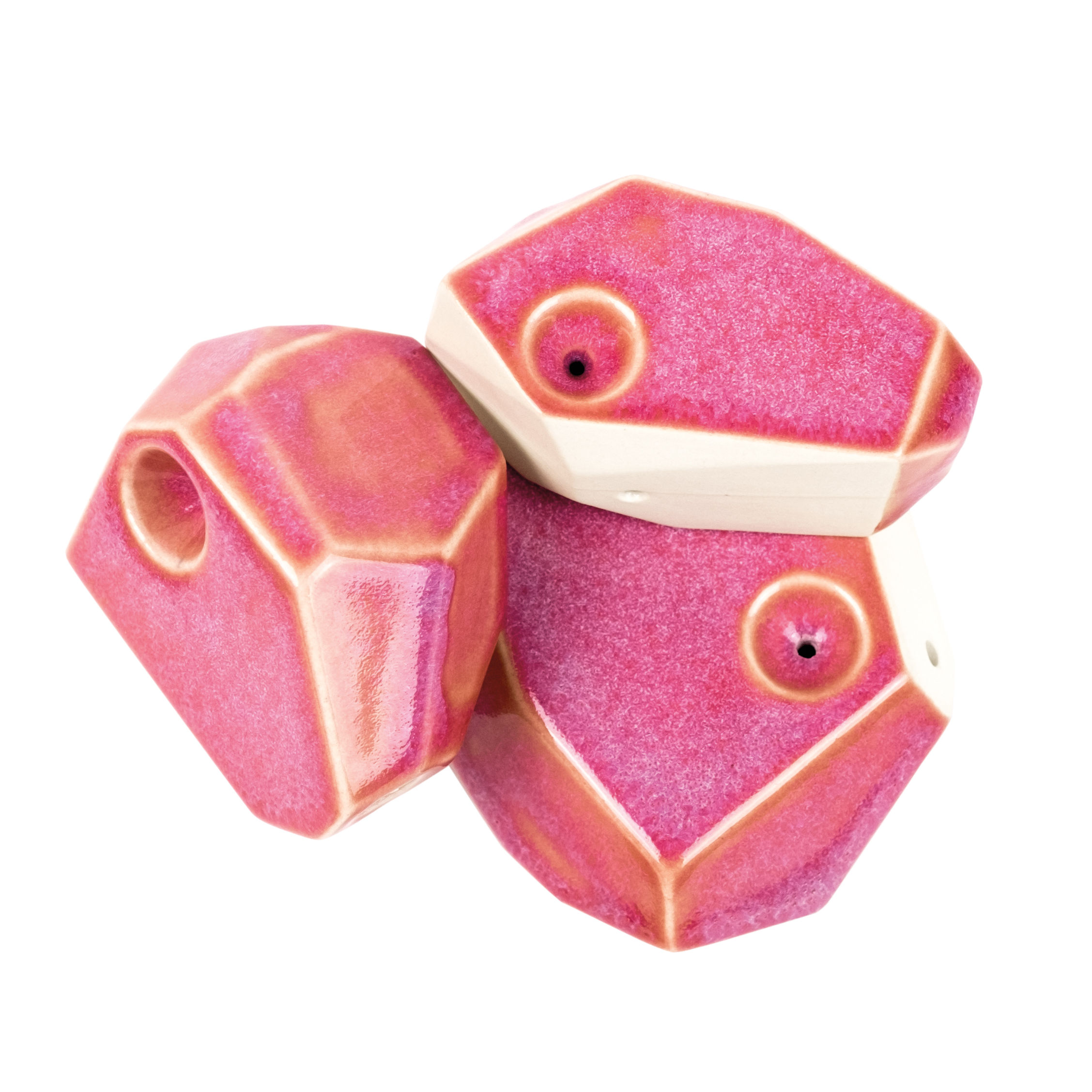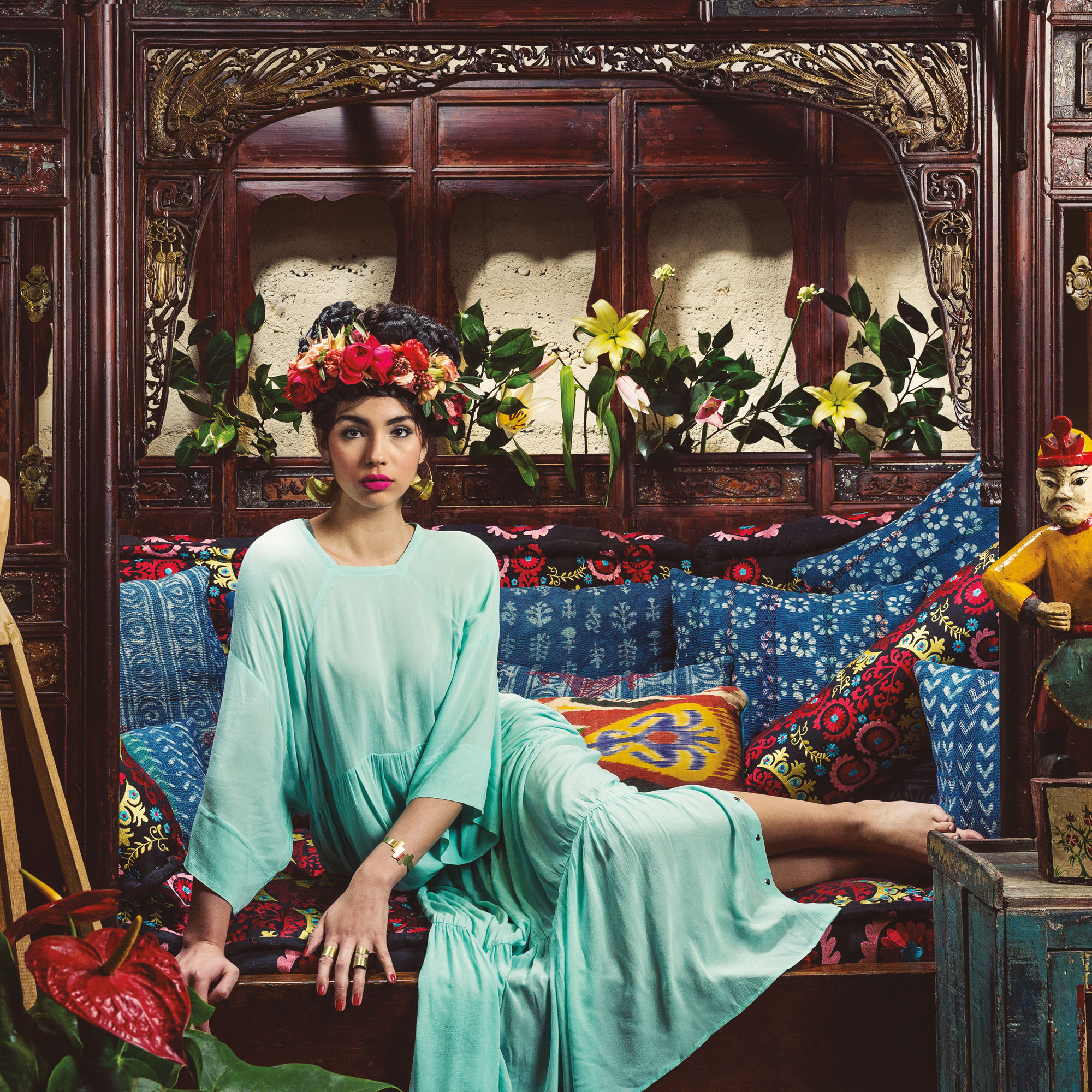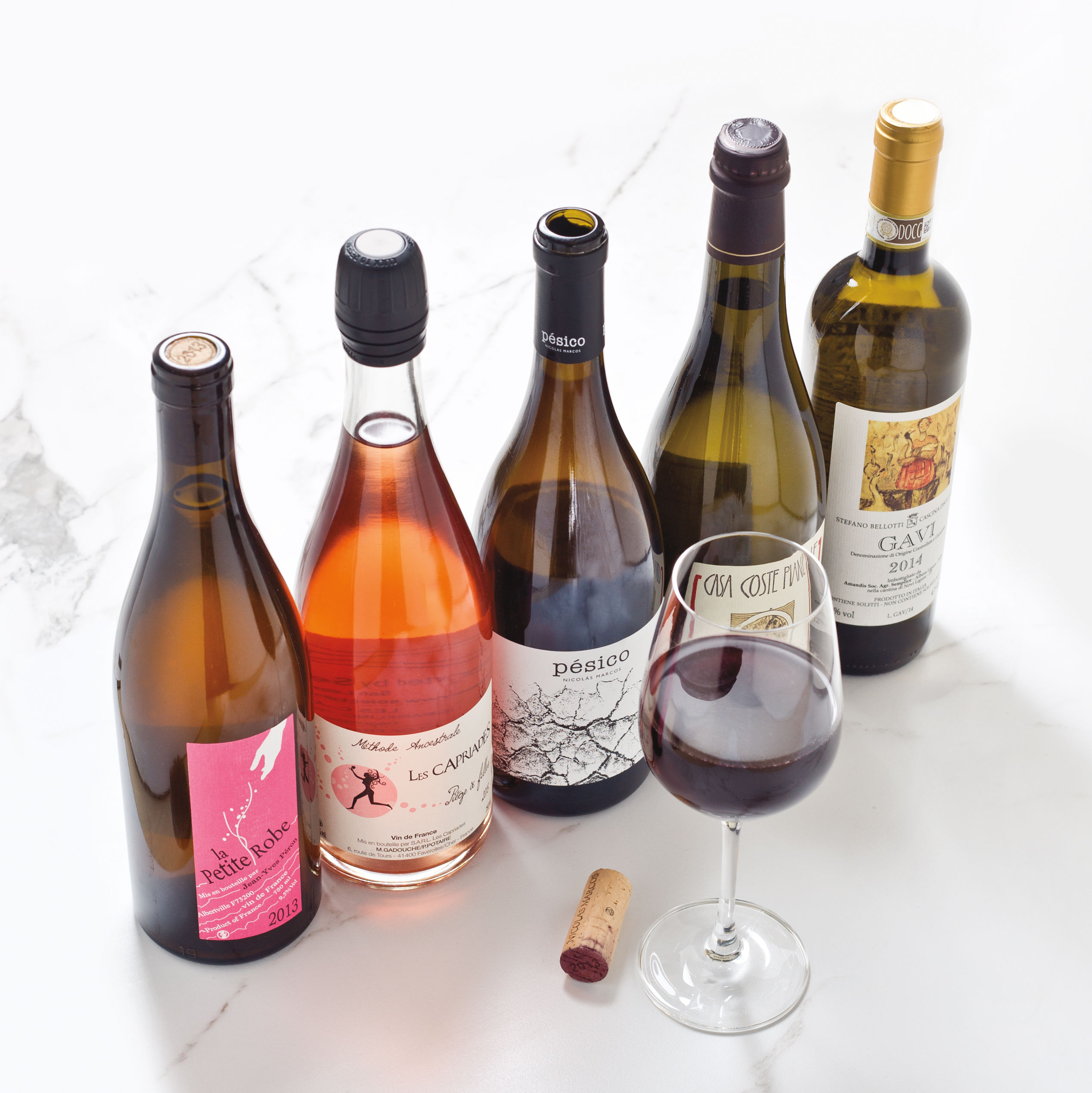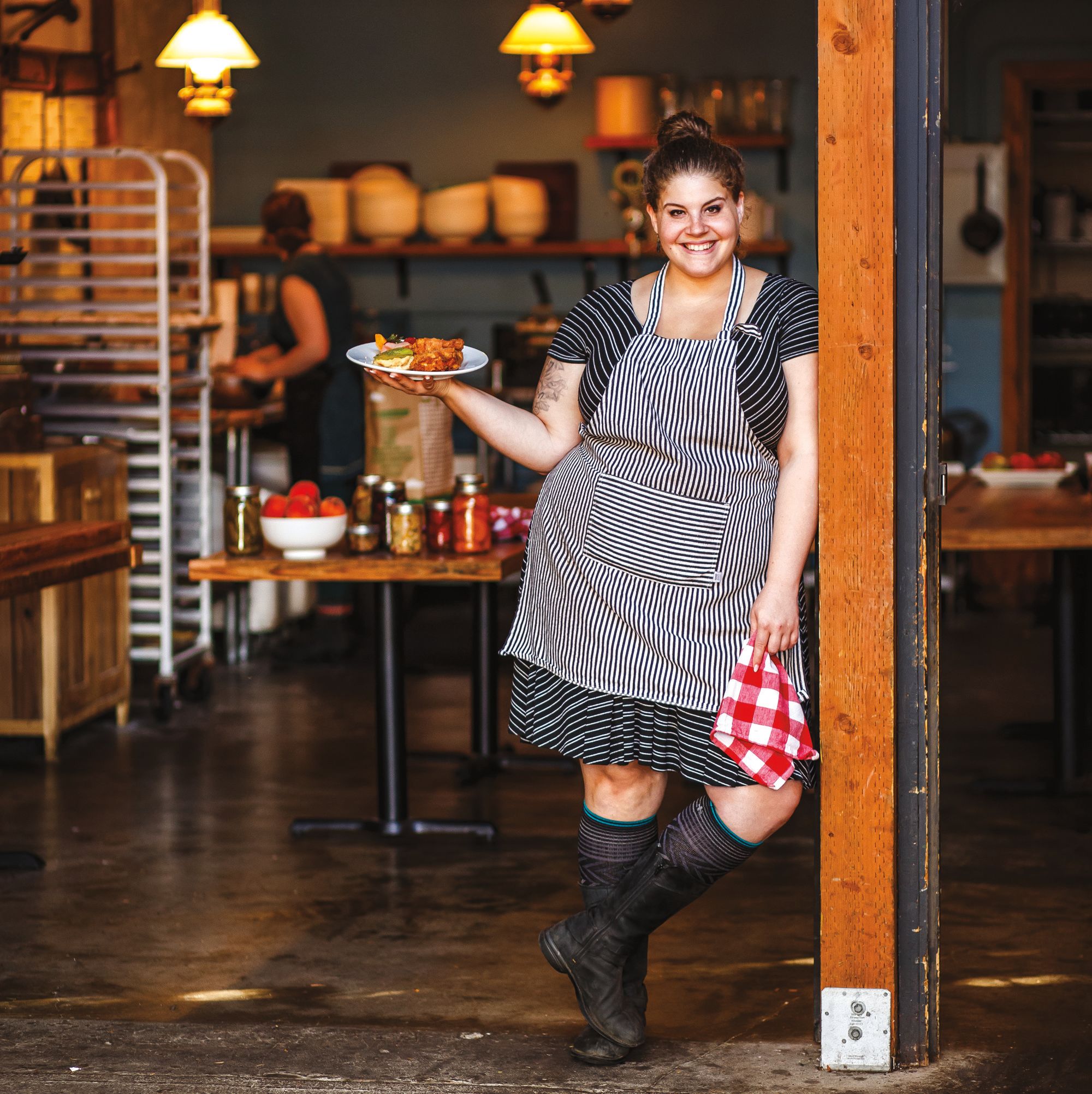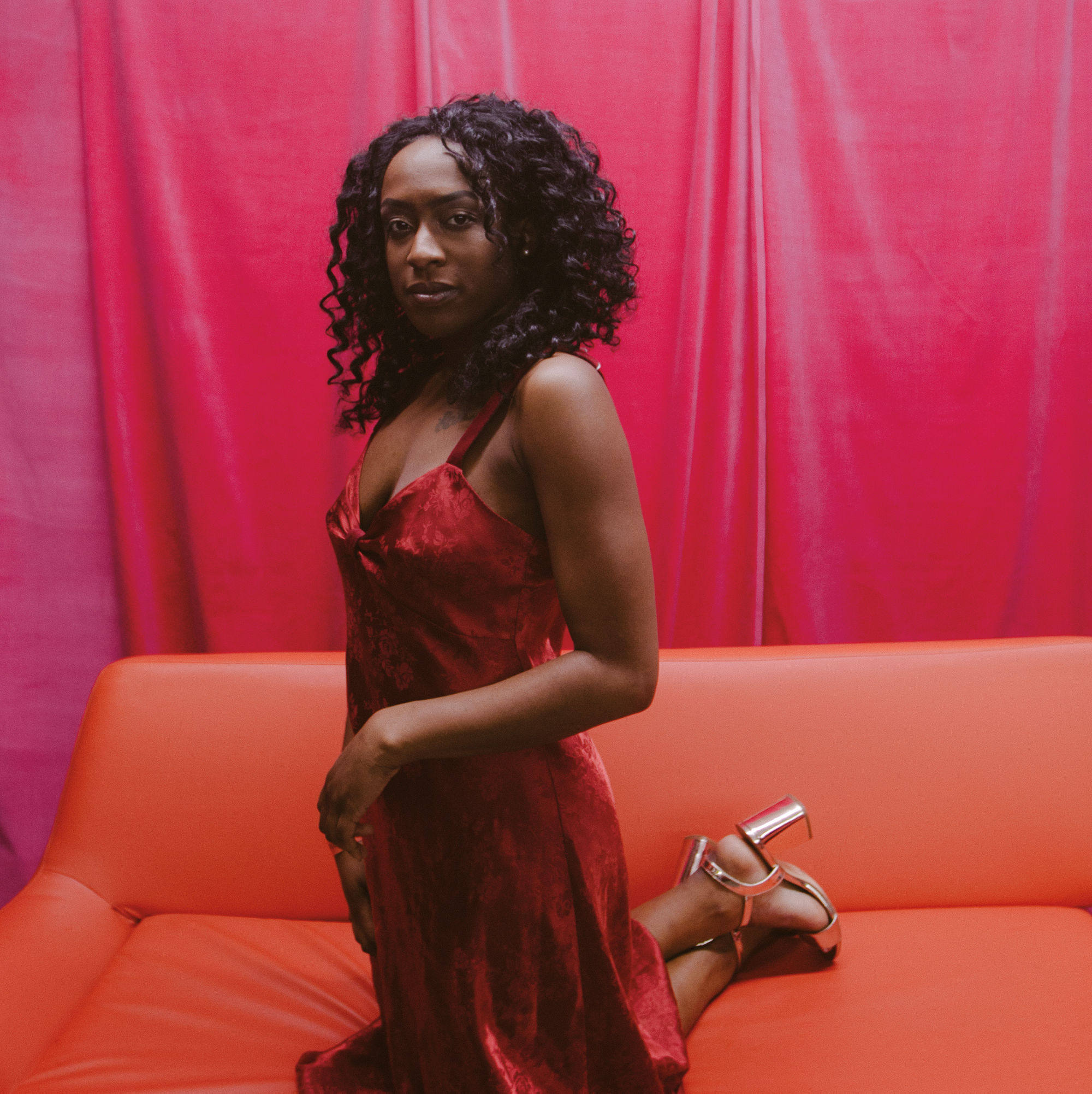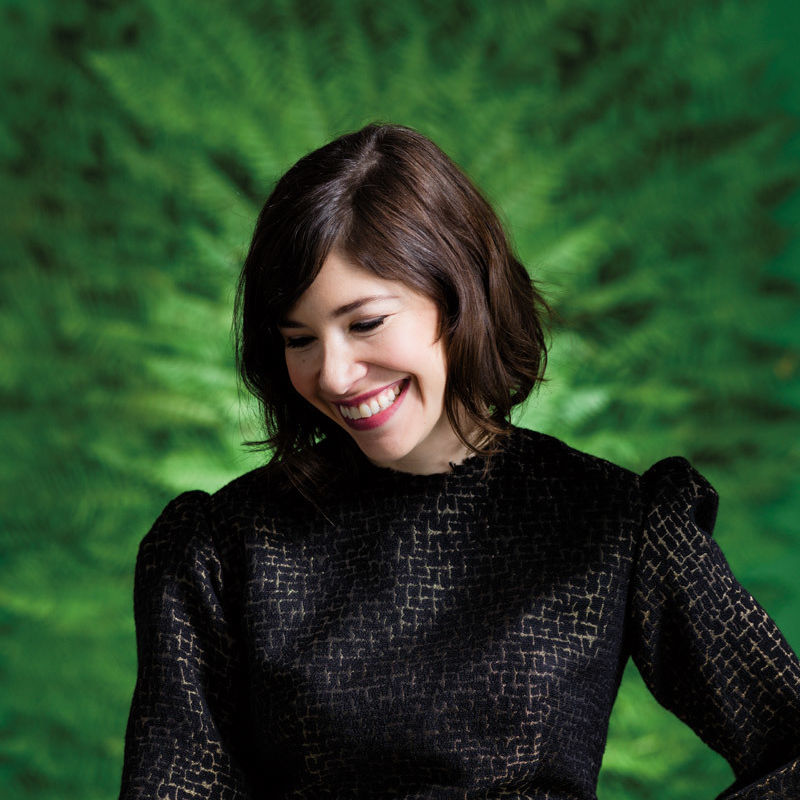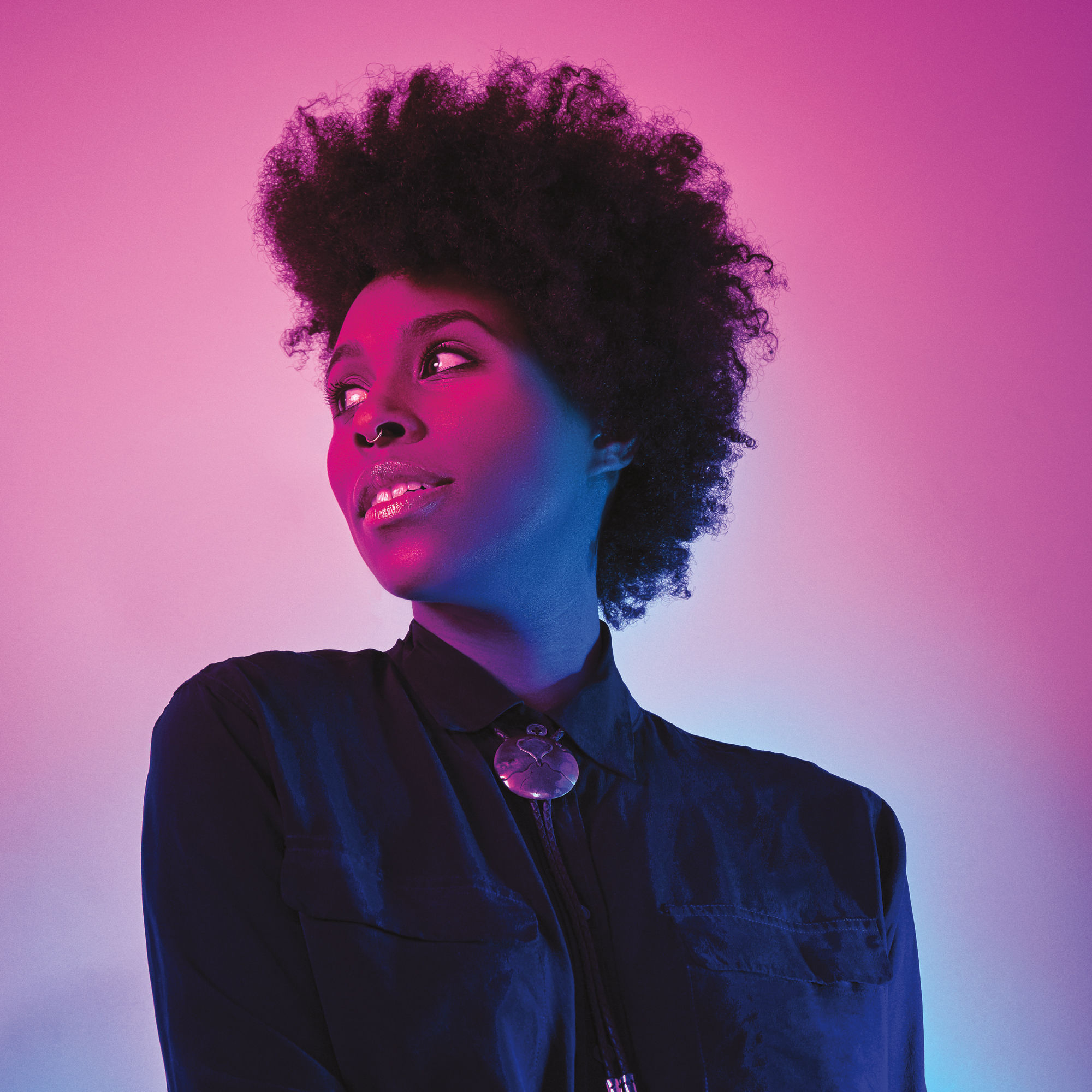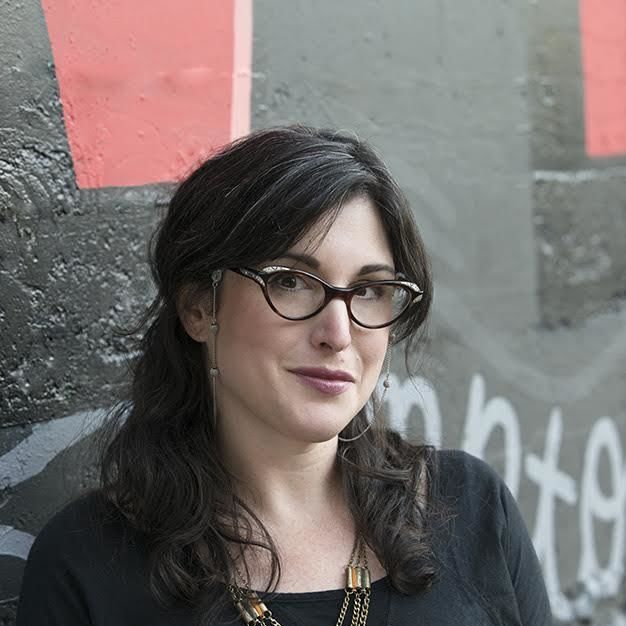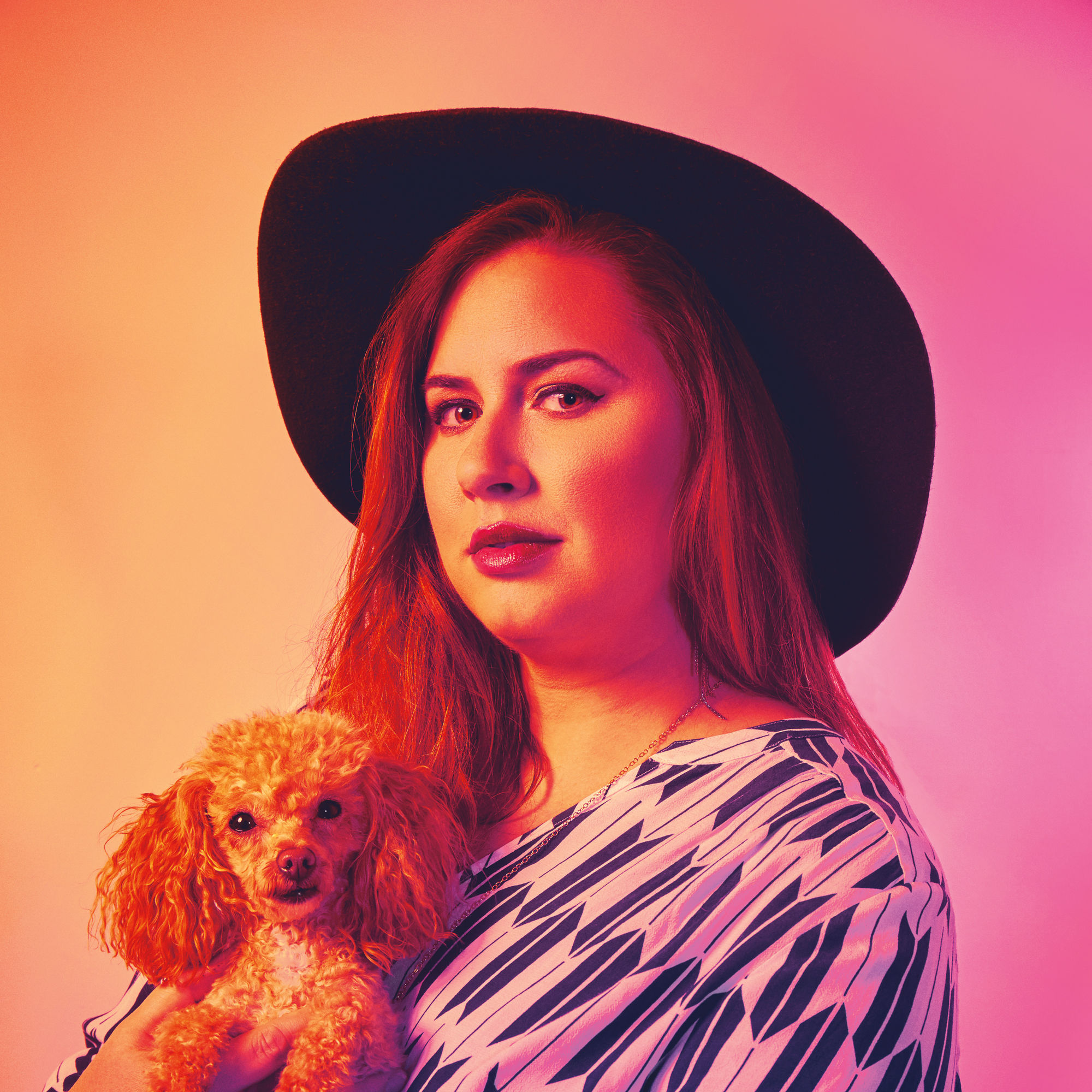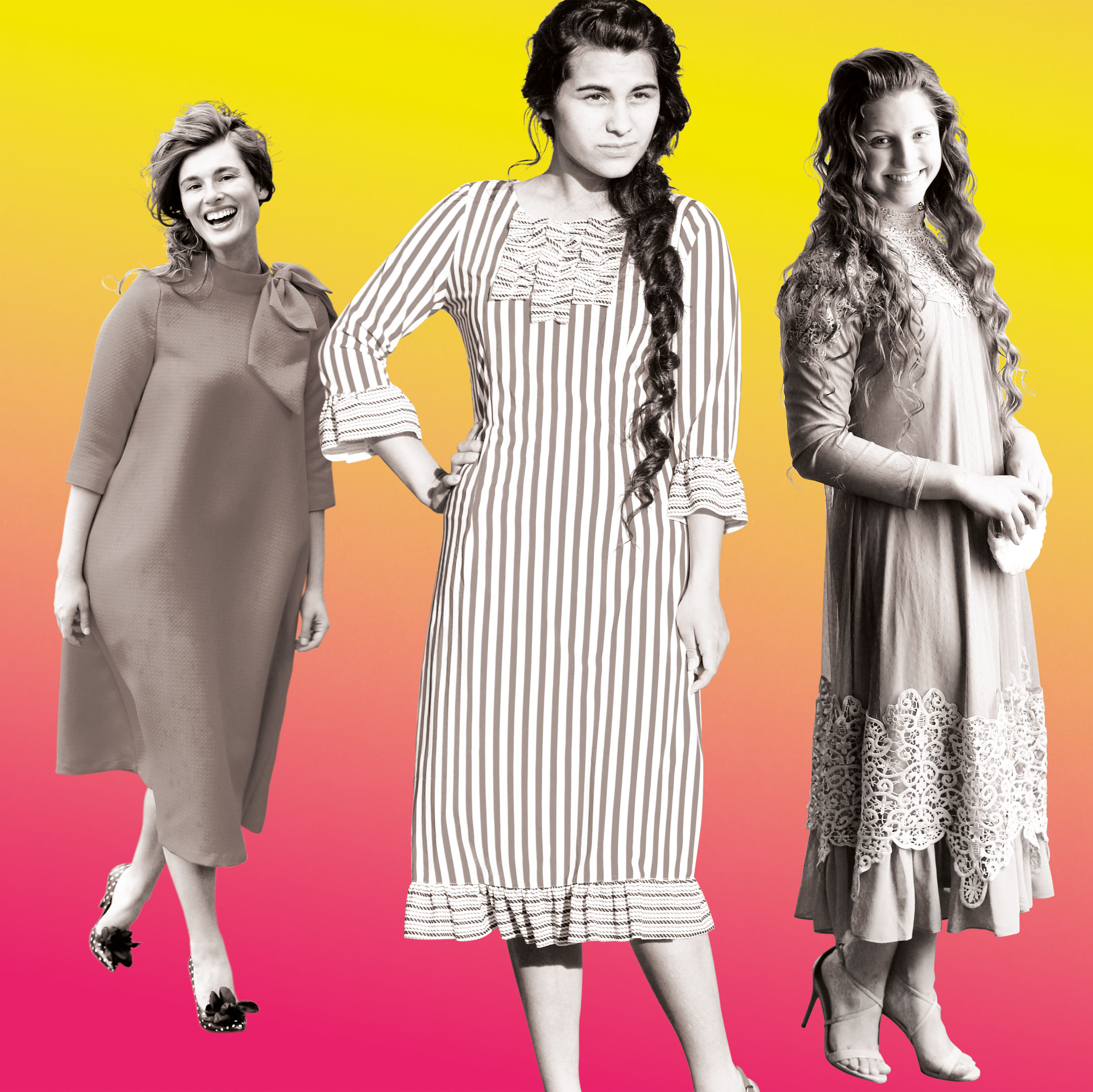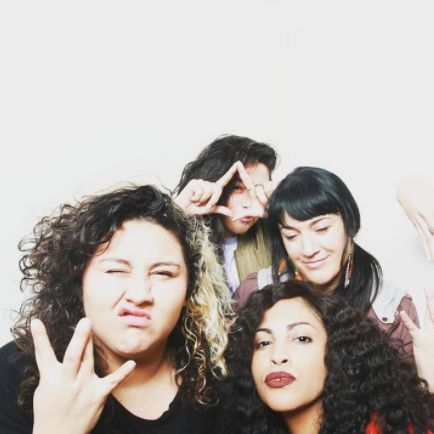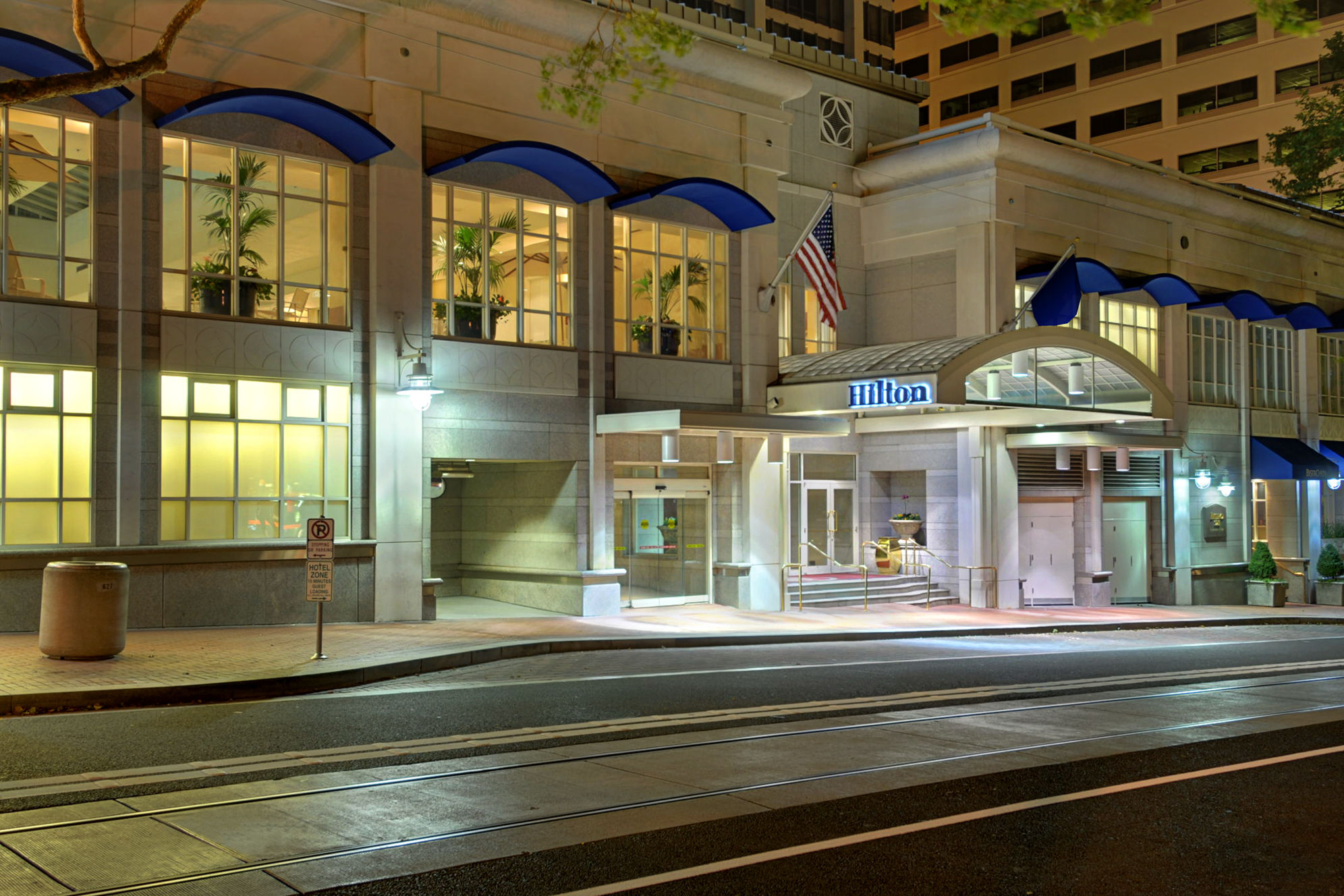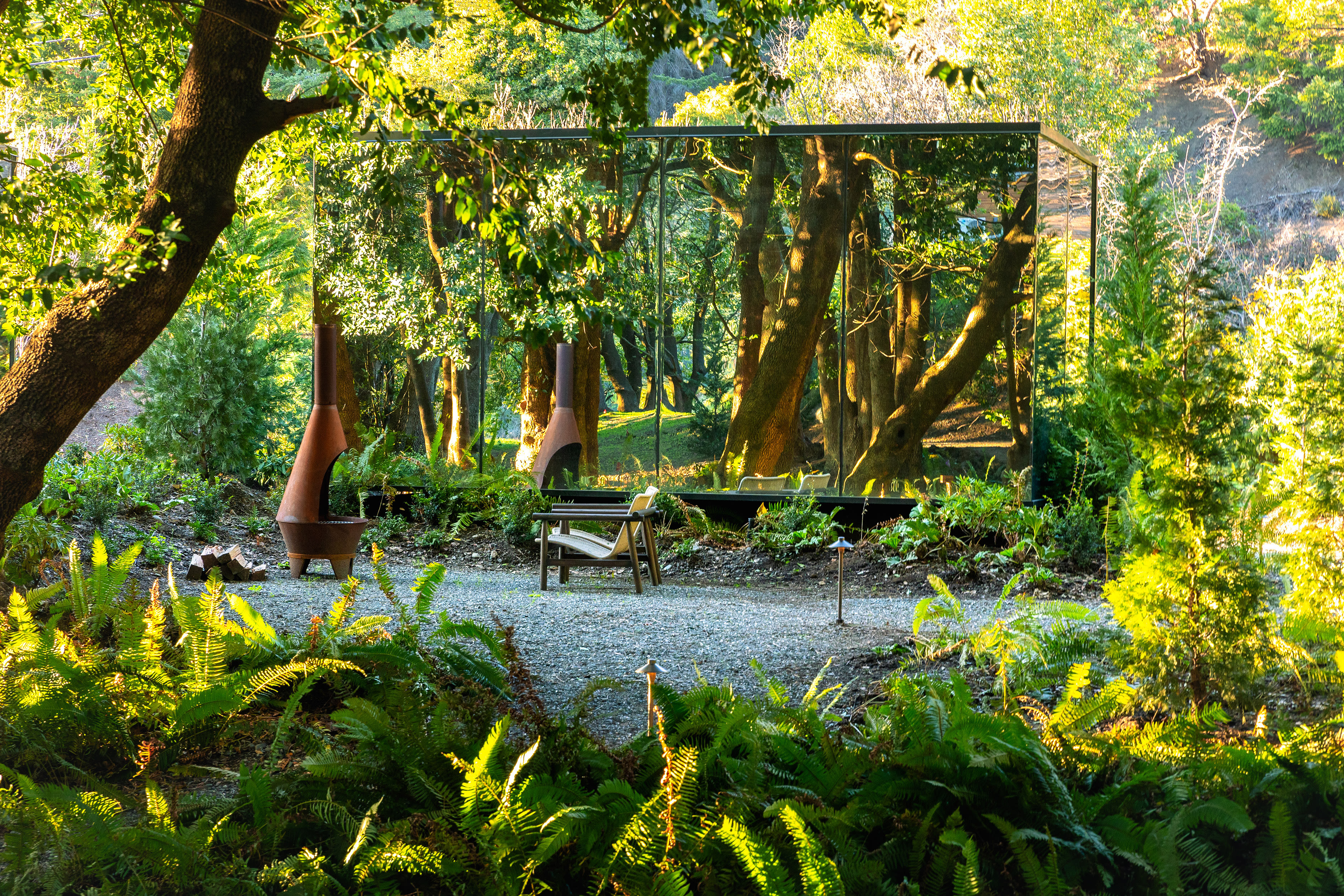Meet 6 Badass Dames of Portland Yore
We all know Abby Duniway got Oregon ladies the right to vote eight years before the rest of America—there’s an elementary school, a park, and a hotel named after her to prove it. But there are so many other women who were kicking ass and taking names during Portland’s formative years. Here are a few who might be less familiar.
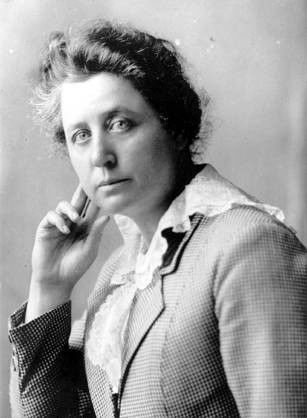
Marie Equi
Dr. Marie Equi
Marie Equi was an out lesbian and abortion doctor a century ago, when both were technically criminal. An outspoken political activist, Equi aided fruit cannery strikers in 1913; during the strike she was arrested, stabbed a cop with her hat pin, and declared herself an anarchist.
Lilian Tingle
After settling in PDX in 1905, Lilian Tingle ran a cooking school, wrote the Oregonian’s cooking column for 20 years, started the home ec program for Portland Public Schools, and, backed by an army of housewives, led a national campaign to bring hygiene regulations to American supermarkets.
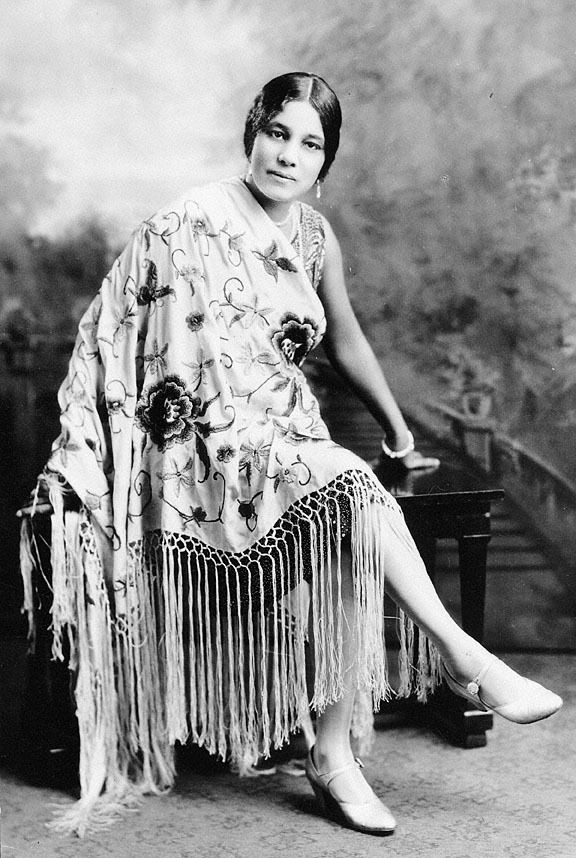
Beatrice Morrow Cannady
Beatrice Morrow Cannady
In 1922, Beatrice Morrow Cannady was one of the first black women to graduate law school in the country; within five years she succeeded in having some racist and discriminatory language removed from the Oregon Constitution. She also helped found the local chapter of the NAACP.
Lucy Rose Mallory
The wife of congressman Rufus Mallory, Lucy Mallory was a vegetarian and spiritualist who wrote, edited, and published her own newspaper, The World’s Advance-Thought, from 1886 to 1918. Leo Tolstoy subscribed to it, calling her one of the world’s greatest thinkers.
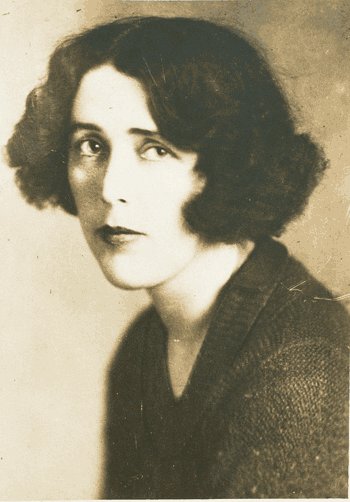
Louise Bryant
Image: Courtesy Wikimedia Commons
Louise Bryant
In the 1910s, journalist, illustrator, and suffragist Louise Bryant worked to gain American sympathy for the Bolsheviks during the Russian Revolution ... after running off to Greenwich Village with Portland’s own socialist dreamboat Jack Reed. Diane Keaton played her in the 1981 film Reds.
Victoria (Wishikin) Wacheno Howard
Victoria Howard shared her grandmother’s Clackamas Chinook folklore with anthropologist Melville Jacobs in the 1920s. Her oral history gave us female-centric insights into the daily lives and beliefs of pre-Portland Native American women.
